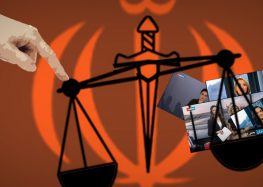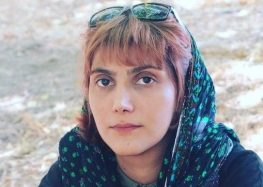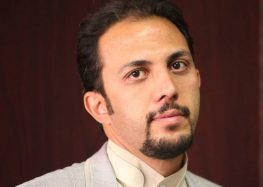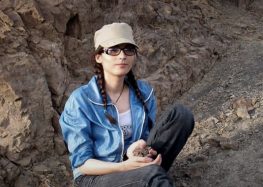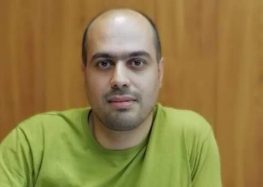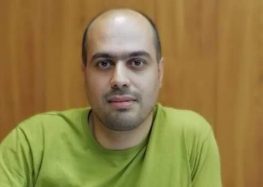Two Reformist Journalists Charged, after Three Months in Detention
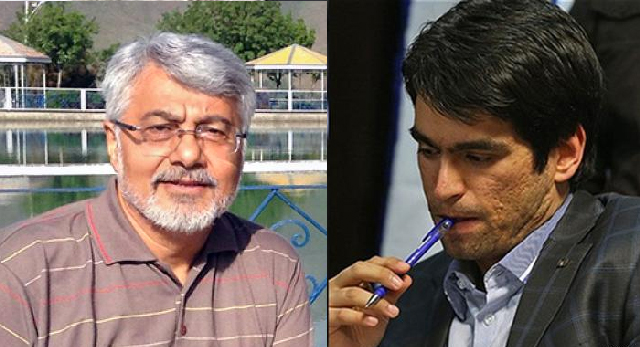
Three months after their arrests, journalists Issa Saharkhiz and Ehsan Mazandarani have been formally charged with “acting against national security” and “propaganda against the state,” their lawyer told the International Campaign for Human Rights in Iran.
Mahmoud Alizadeh Tabatabaee added that it was not yet clear which branch of the Revolutionary Court system would take on the cases now that the dispute over leveling lesser or harsher charges was resolved by a judge.
“The case investigator was of the opinion that the charges against them all fell under propaganda activities against the state, but the prosecutor believed there were several crimes involved,” said Tabatabaee. “Finally, Judge Salavati of Branch 15 of the Revolutionary Court ruled between them and sided with the prosecutor’s harsher charges.”
Judge Salavati is known for the harsh sentences he issues against journalists, lawyers, political activists, and members of Iran’s ethnic and religious minorities. As such he is often handpicked by the Judiciary to preside over politically motivated cases.
Saharkhiz and Mazandarani have been in detention since their arrest on November 2, 2015.
To protest his imprisonment, Saharkhiz immediately began a wet hunger strike and only stopped 50 days later only when prominent political and religious figures intervened. Saharkhiz resumed his action on January 6, demanding that the judicial authorities clarify his legal situation.
Saharkhiz, who headed the press department at the Ministry of Culture and Education during former reformist President Mohammed Khatami’s administration (1997-2005), previously spent nearly five years in prison for publishing political commentaries that were critical of the outcome of Iran’s contested 2009 presidential elections. He was released in October 2013.
Mazandarani, the editor-in-chief of the reformist newspaper, Farhikhtegan, was previously arrested in March 2013 with a group of other journalists but was released on bail three weeks later.
On November 2, 2015, two other journalists, Afarin Chitsaz and Saman Safarzaie, were also arrested by Iran’s Revolutionary Guards Intelligence Organization, and they remain in detention. Their status remains unknown, according to Tabatabaie.
Ahmad Khatami, an influential member of the Assembly of Experts (charged with selecting a new supreme leader) and substitute Friday prayer leader of Tehran, has accused the detained journalists of confessing to collaborating with the United States to write articles against the Islamic Republic.
Judicial officials have made no such accusation but the Revolutionary Guard’s news agency, Tasnim, reported that the arrests were connected to the journalists’ alleged work for foreign powers.
A crackdown has been underway in Iran for the past several months, with journalists, reformist-aligned activists, artists, and other figures targeted for arrest and prosecution by hardliners as the country approaches critical Parliamentary elections on February 26, 2016.

